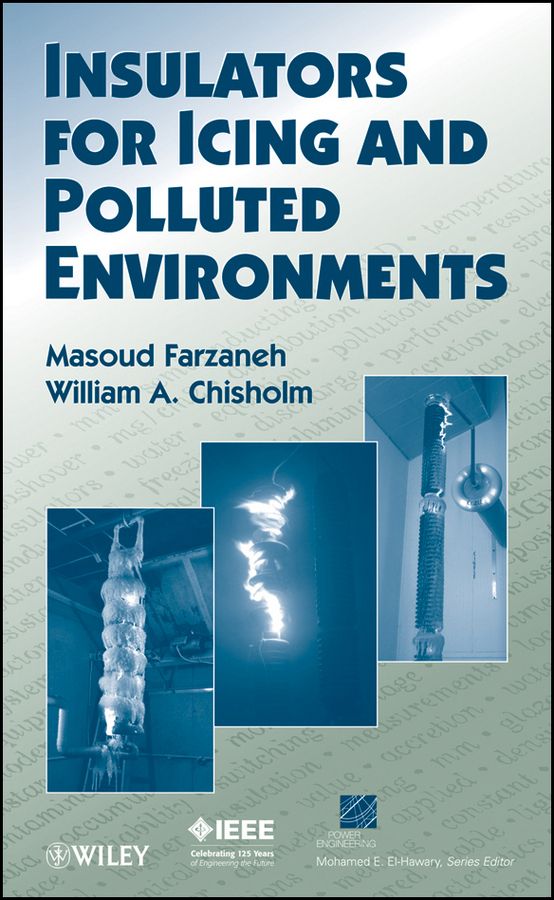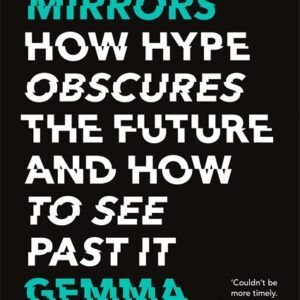<b>Learn to correct icing and pollution problems in electrical line insulation</b> <p>Written by prominent experts in the field, this book takes an in-depth look at the issues of electrical insulators for icing and polluted environments. It shows:</p> <ul> <li> <p><b>Engineers and environmental specialists</b> how to carry out appropriate insulator contamination measurements, understand how these readings change with time and weather, and work out how the readings compare with the upper limits set by insulator dimensions in their existing stations</p> </li> <li> <p><b>Design engineers</b> how to assess the likely maximum pollution and icing limits at a substation or along an overhead line, and then select insulators that have appropriate withstand margins</p> </li> <li> <p><b>Regulators</b> why modest ice accretion at a moderate 0<sup>o</sup>C temperature on one occasion can qualify as a major reliability event day, while many similar days pass each winter without power system problems</p> </li> <li> <p><b>Educators</b> why the ice surface flashover is well behaved compared to the conventional pollution flashover, making it much more suitable for demonstrations, modeling, and analysis</p> </li> </ul> <p>The book is complemented with case studies and design equations to help readers identify the most appropriate insulators, bushings, and maintenance plans for their local conditions. Additionally, readers may download supplemental materials supporting evaluation of local climate and contamination.</p> <p><i>Insulators for Icing and Polluted Environments</i> is indispensable reading for any professional who needs reliable electrical supply from networks exposed to sources of wetting and pollution. It also serves as an excellent introduction to the subjects of high-voltage surface flashover, environmental electrochemistry, and insulation coordination for researchers, professors, and students.</p>
Insulators for Icing and Polluted Environments
₹14,062.00
This book is currently not in stock. You are pre-ordering this book.




